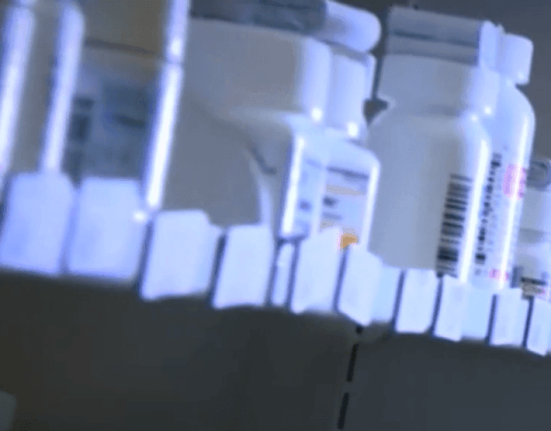Michigan stands at a critical juncture in its battle against the opioid epidemic. Last month, I testified before the House Appropriations Medicaid and Behavioral Health Subcommittee on the challenges we face, and how opioid settlement funds can help us work together for widespread change.
A recent analysis by Avalere Health reveals that each case of opioid use disorder (OUD) costs the state more than $700,000 annually, underscoring the profound economic and social toll of this crisis. As the state’s premier workforce development network, the Michigan Works! Association recognizes the urgent need to address this challenge head-on.
The opioid crisis is not only a public health emergency but also a significant economic burden. Nationwide, OUD affects over 6 million individuals and cost the country approximately $4 trillion in 2024. In Michigan, the crisis is exacerbated by its proximity to heavily impacted neighboring states, leading to higher caseloads and costs. Private businesses bear $467 billion in losses due to decreased productivity and health insurance expenses, while the federal government incurs $118 billion through Medicare, lost taxes, and criminal justice costs.
Employment plays a pivotal role in recovery from substance use disorders. Stable jobs provide individuals with purpose, structure, and financial independence, which are critical for sustained recovery. However, many individuals in recovery face significant barriers to employment, including gaps in work history, lack of credentials, and stigma.
The Michigan Works! Association is committed to bridging this gap. Our network offers comprehensive services, including job readiness training, credentialing programs, and supportive services tailored to individuals in recovery. By collaborating with employers, we aim to create inclusive workplaces that recognize the value and potential of individuals overcoming substance use disorders.
Michigan is set to receive approximately $1.6 billion in opioid settlement funds over 18 years. These funds present a unique opportunity to invest in comprehensive strategies that address both the health and socioeconomic aspects of the opioid crisis.
We support allocating a portion of these funds to workforce development initiatives can amplify recovery efforts, reduce recidivism, and strengthen our economy.
Addressing the opioid crisis requires a multifaceted approach that includes prevention, treatment, and socioeconomic reintegration. The Michigan Works! Association urges policymakers, community leaders, and stakeholders to:
- Allocate opioid settlement funds to programs that provide job training, credentialing, and employment support for individuals in recovery.
- Encourage employers to adopt fair chance hiring policies and support employees in recovery.
- Strengthen partnerships between healthcare providers, workforce agencies, and community organizations to create integrated support systems.
By addressing the opioid crisis through the lens of workforce development, we can empower individuals to rebuild their lives, reduce the economic burden on our state and foster resilient communities.
The Michigan Works! Association stands ready to lead this charge, ensuring that every Michiganian has the opportunity to thrive.
Ryan Hundt is chief executive officer of Michigan Works! Association.


